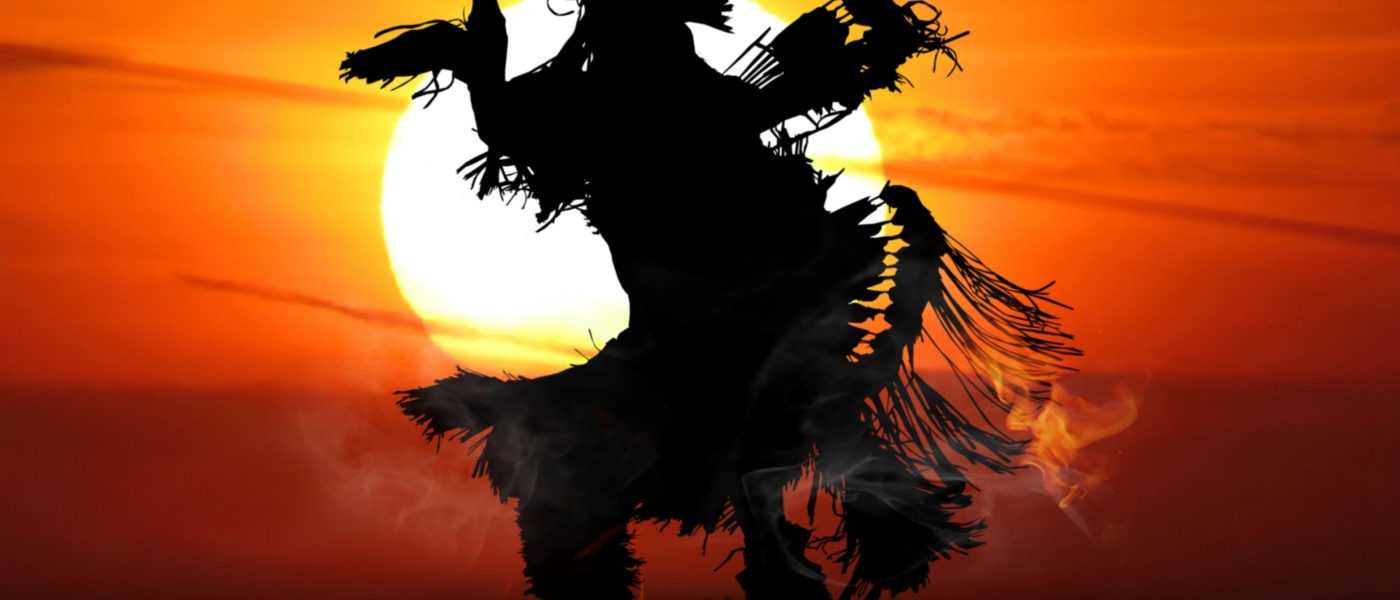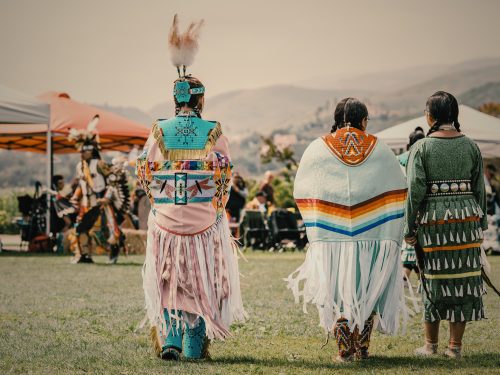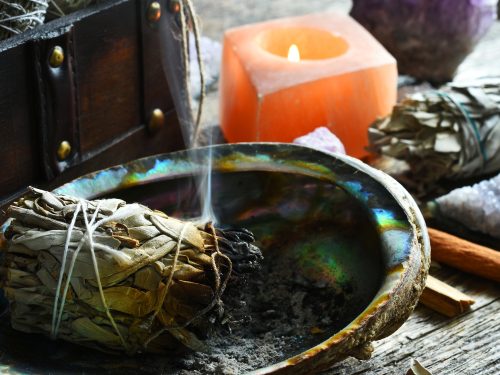
United States Independence Day, celebrated on July 4th, holds profound significance for many Americans. However, it is crucial to acknowledge that the observance of this day carries different meanings for various communities, particularly Native nations. Today, we delve into the complex history behind July 4th and recognize the struggles faced by Native Americans and Black Americans throughout the years. While progress has been made, it is clear that there is still work to be done in our pursuit of true equality and justice for all.
For Native nations, July 4th symbolizes a painful chapter of their history. It represents the genocide and forced removal of their people, making way for the establishment of the United States. Paradoxically, as Native customs and languages were suppressed, Native Americans were granted the opportunity to celebrate Independence Day. This led to the emergence of powwows, which became a clandestine means of preserving their rich cultural heritage.
Independence Day, for many, signifies the birth of a nation in 1776. However, it is essential to acknowledge that the freedom we celebrate today was not universally granted at that time. Black Americans, in particular, endured the dehumanizing institution of slavery until 1865 when they were finally emancipated. The path to liberation was paved with immense struggle, resilience, and the tireless efforts of abolitionists and activists.
Shockingly, it was not until 1974 that Native Americans were recognized as citizens of the United States. This long-delayed acknowledgment serves as a stark reminder of the injustices perpetuated against indigenous communities throughout history. Even today, the consequences of those actions reverberate, fueling the ongoing need for restorative justice and recognition of tribal sovereignty.
While the United States celebrates its independence from the British Crown, it is important to note that 61 other countries have gained their independence from the British Commonwealth. However, what sets these celebrations apart is the involvement of the original people of those countries, who rightfully commemorate their freedom. This distinction emphasizes the importance of centering the narratives and experiences of marginalized communities when acknowledging historical milestones.
As we reflect on Independence Day, it is paramount to recognize that our work towards achieving equality and justice is far from complete. We must amplify the voices of those who have historically been marginalized, engage in honest dialogue, and challenge the existing systems that perpetuate inequality. Together, we can strive to create a society that values diversity, embraces our shared history, and uplifts every individual.
Independence Day invites us to reflect on the complex history of our nation and to acknowledge the ongoing struggles faced by Native Americans and Black Americans. As we celebrate this day, let us remember that true freedom and equality require continuous effort and commitment. By recognizing the past, listening to diverse perspectives, and taking collective action, we can foster a society that honors and uplifts all its citizens. Our journey towards a more inclusive and just future continues, and together, we can make meaningful progress.
Note: This blog post seeks to address the historical context surrounding Independence Day and the struggles faced by marginalized communities. It is a call for awareness, empathy, and action, aiming to contribute to a more inclusive and equitable society.










